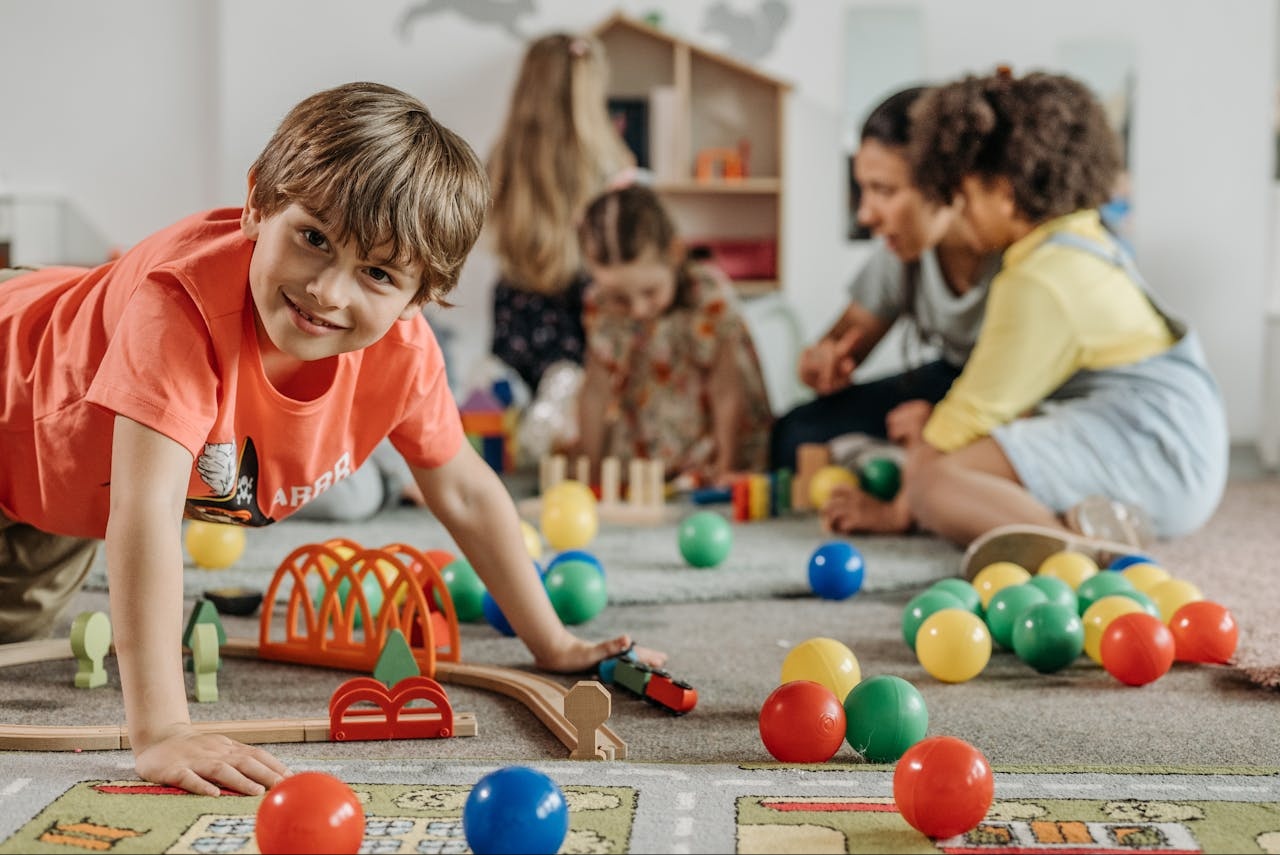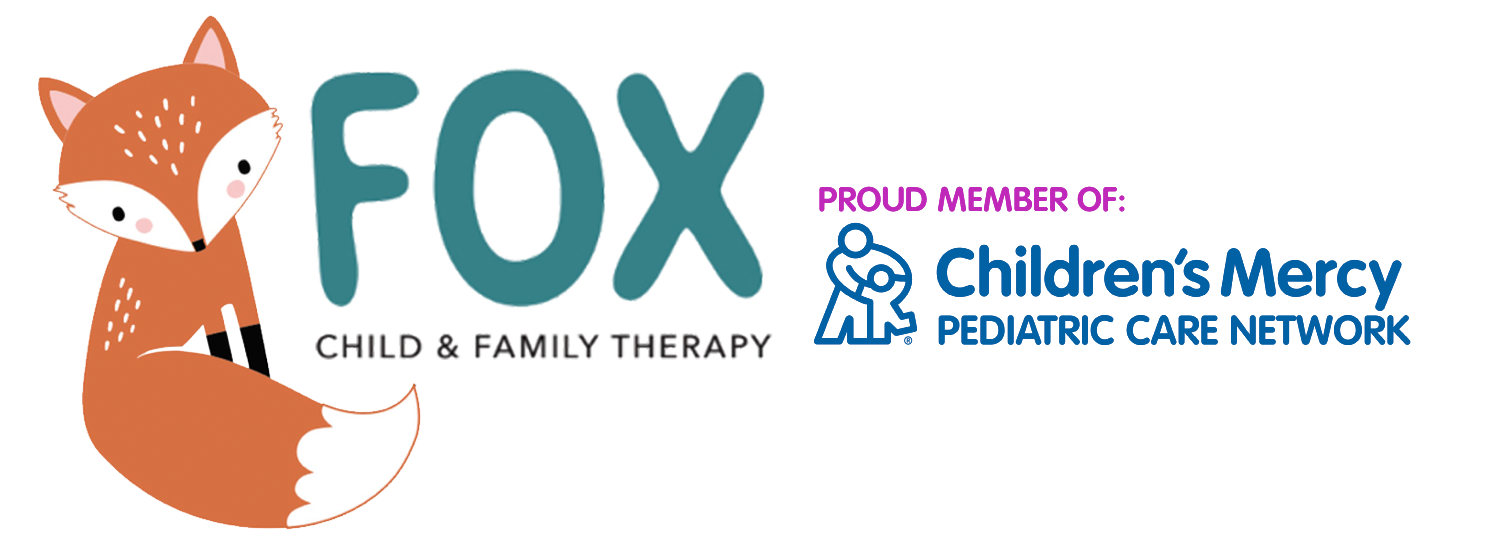Understanding ADHD in Children: Signs, Challenges, and Support Strategies

ADHD is often referred to as a childhood disorder. However, that doesn’t mean parents or caregivers always recognize the signs. Even if your child has been diagnosed with ADHD, you might not fully understand what to expect or know how to support them on a daily basis.
Take a deep breath. You’re doing your part right now by looking into how to best help your child. Whether you’re curious about common signs of ADHD or you’re wondering what you can do to help, taking the time to learn is the first step in making sure they have a happy, healthy, and fulfilling life.
Consider this a starting point guide to help you learn more about ADHD in children. Let’s cover some of what you can expect as you walk this journey with your child.
Pay Attention to the Signs
ADHD isn’t just about a child not being able to sit still and not focus. While those can be telling signs, there are often more subtle ones that you should pay attention to.
If your child has trouble staying on task, staying organized, or following instructions, they might be dealing with ADHD. Hyperactivity can look like fidgeting or restlessness. Impulsivity can cause your child to interrupt, have a hard time waiting their turn, or do something before thinking it through.
While everyone is different, if you’ve noticed a pattern of these signs, working with your child’s doctor to get an official diagnosis should be your next step.
What to Expect
If your child was recently diagnosed with ADHD, you might be asking yourself, “What now?”
There’s no reason why your child can’t lead a normal life. However, as their parent, you have to understand the challenges that might be ahead, so you can help your child work through them.
The most obvious challenges are likely to be academic. Your child might have a harder time focusing in school, paying attention, or completing assignments. Without the right support, they can start to do poorly and struggle to move ahead.
Kids with ADHD also sometimes struggle with social challenges. They might have difficulties forming and maintaining friendships because they can’t self-regulate like other children. They’re also more likely to have behavioral issues. It can be hard for an ADHD child to control their emotions, so they can have outbursts more frequently.
What Can You Do?
You aren’t helpless when it comes to supporting your child and teaching them how to manage their symptoms. Start by sticking to a daily routine. This will provide stability and comfort and reduce anxiety for your child. When you want them to do something, provide clear and simple instructions to avoid confusion.
It can be tempting to only focus on the challenges of ADHD and “criticize” when your child does something they shouldn’t. Don’t allow yourself to fall into that trap. Instead, make sure you’re praising them and offering positive reinforcement, too.
Consider collaborating with your child’s teachers if they’re struggling in school. They might need a different learning environment or other accommodations to stay on track, and most teachers are happy to make adjustments so no one gets left behind.
It’s also important to take care of yourself. You cannot pour from an empty cup, and managing your stress levels will make it easier to support your child more effectively. Practice self-care, prioritize sleep, and consider reaching out for help. Something like massage therapy or even guided meditation can help you reduce stress and be more present for your child.
Prioritizing your needs and your well-being isn’t selfish. It will allow you to fight back against the uphill challenges your family might be facing right now without feeling so overwhelmed or helpless.
If you’re interested in learning more about how these practices or counseling for parents with young children can help, contact me today for an appointment.

